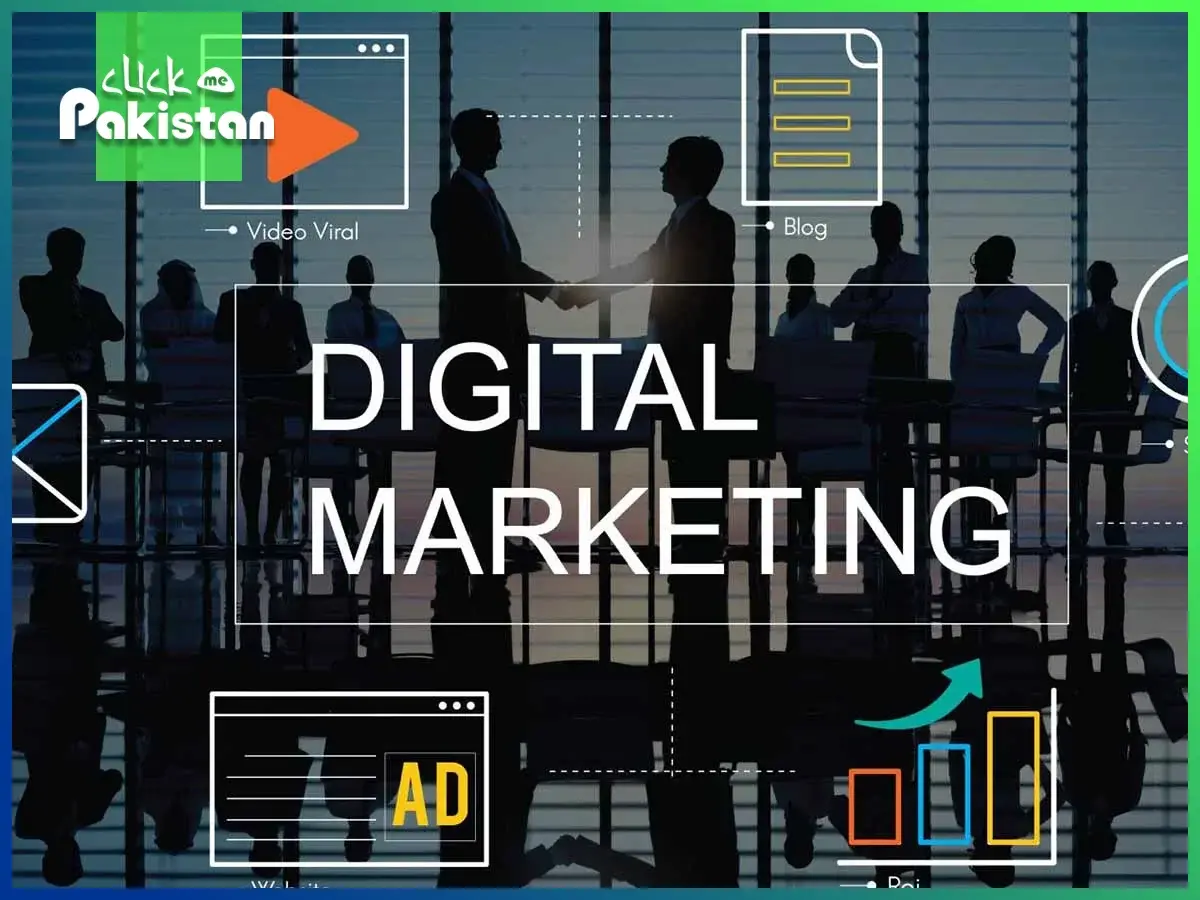Introducing Digital Marketing Businesses
It was only in the 1990s that digital marketing businesses took hold. Now, digital marketing has become integral to businesses and business growth. These days, businesses leverage digital channels such as Google search, social media, email, and advertising their websites to connect with current and potential customers. This all falls under digital marketing. Digital marketing is used as an umbrella term for any type of marketing that involves the use of media. Digital marketing stands as a beacon, guiding businesses towards unparalleled success.
The Rise Of Digital Marketing

The rise in digital marketing businesses has been expected for a while in businesses. People are more attracted to brands and businesses that are well-optimized. Analysts estimate that the global digital marketing sector will hit $786.2 billion by 2026, mainly driven by clicks and ads. This means there’s a growing need for digital marketers and specialists.
Digital marketing businesses are actively looking for digital marketers to help them grow and connect with new customers and partners.
Fundamentals Of Digital Marketing

A digital marketing businesses can cover a wide array of topics, subjects, and skills relevant to leveraging digital channels for marketing purposes. These courses are designed to equip individuals with the knowledge, tools, and techniques required to excel. A digital marketing course includes:
1. Fundamentals Of Digital Marketing
This includes discussing the various principles, strategies, and tactics used in digital marketing
2. Search Engine Optimization (SEO)
This is one of the most important topics in a digital marketing businesses. It takes a little longer to comprehend, but SEO is understanding how to optimize and bring more traffic to a website. This includes;
- Keywords
- On-page and Off-SEO
- Title tags
- Content creation and optimization
- Local SEO
- Analytics and monitoring
3. Content Marketing
This includes creating and distributing content on all social media platforms to attract more customers. This involves having a content strategy.
4. Social Media Marketing (SMM)
Utilizing various social media platforms for brand building, engagement, advertising, and analyzing social media metrics.
5. Email Marketing
This includes sending emails, building effective email campaigns, and understanding email marketing analytics.
6. Pay-Per-Click advertising (PPC)
Digital marketers set up paid ads on social media platforms like Facebook, Instagram, LinkedIn, Twitter, and Pinterest and show their ads to people who are searching for terms related to the products and services.
7. Mobile Marketing
This includes strategies for marketing on mobile devices, mobile optimization, and targeting mobile users effectively.
8. Influencer Marketing
This topic is one of the most important in the digital marketing course. Influencer marketing is totally on the rise these days. Students get to explore collaborations with influencers and understand the impact of influencer marketing on brand awareness and sales.
9. Digital Marketing Tools
This includes familiarization with different digital marketing tools like;
- Google Analytics
- Google search console
- SEMrush
- Ahrefs
- Case studies and practical application
Last but not least, this includes having case studies and real-world examples that help apply knowledge on the practical level.
Opportunities After Digital Marketing

Following are some positions and opportunities:
1. Digital Marketer
The most common role after the completion of a digital marketing course is that of a Digital marketing businesses. A digital marketer implements strategies across various channels, like SEO, PPC, social media, email marketing, etc., for a client.
2. Social Media Manager
This role involves the creation and management of social media strategies, content creation, engagement, and analysis on all social media platforms.
3. SEO Specialist
This is also a very important role, and in this, you have to optimize websites, conduct keyword searches, and improve search engine rankings.
4. Content Marketer
Creating and managing content strategies also includes producing blogs for clients.
5. Email Marketing Specialist
This includes crafting email campaigns, managing subscriber lists, and analyzing email performance.
6. E-commerce Specialist
In this, you have to create and manage digital strategies specifically tailored for e-commerce platforms to drive sales and increase online presence.
Conclusion:
The convergence of these factors has led to a surge in interest in and demand for Digital marketing businesses in Pakistan. Individuals need to recognize the value of acquiring these precious skills to meet the demands of the ever-evolving digital economy.
Read our article: Digital Marketing In The Modern Era









